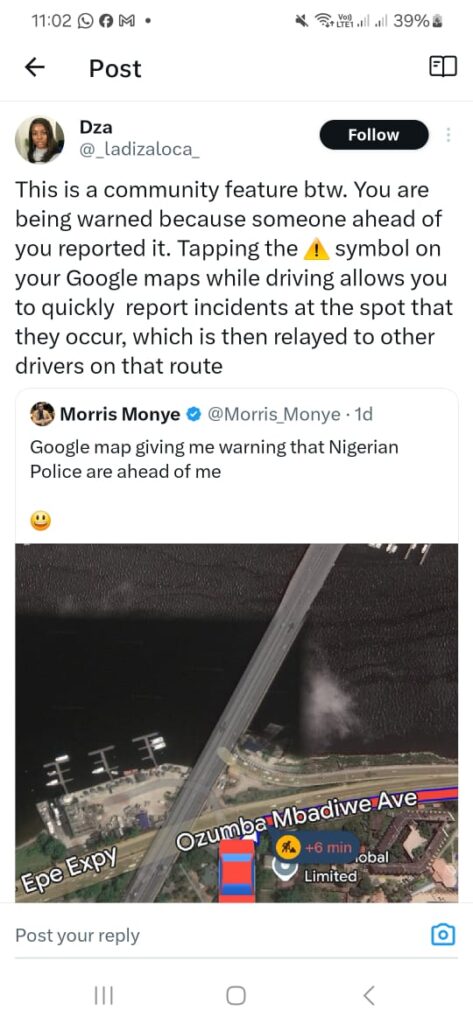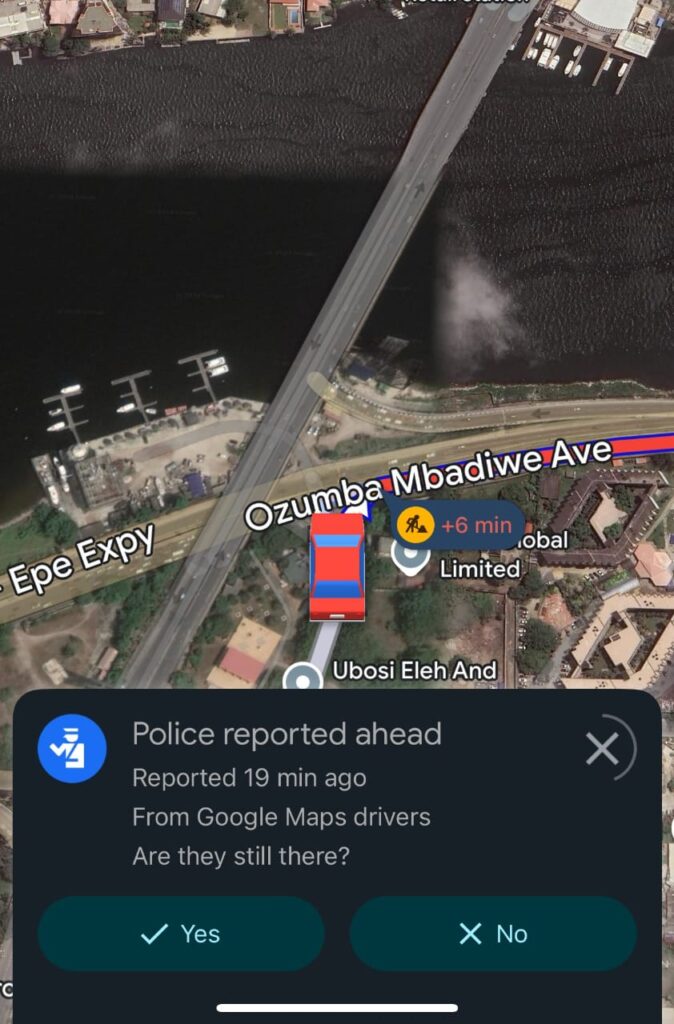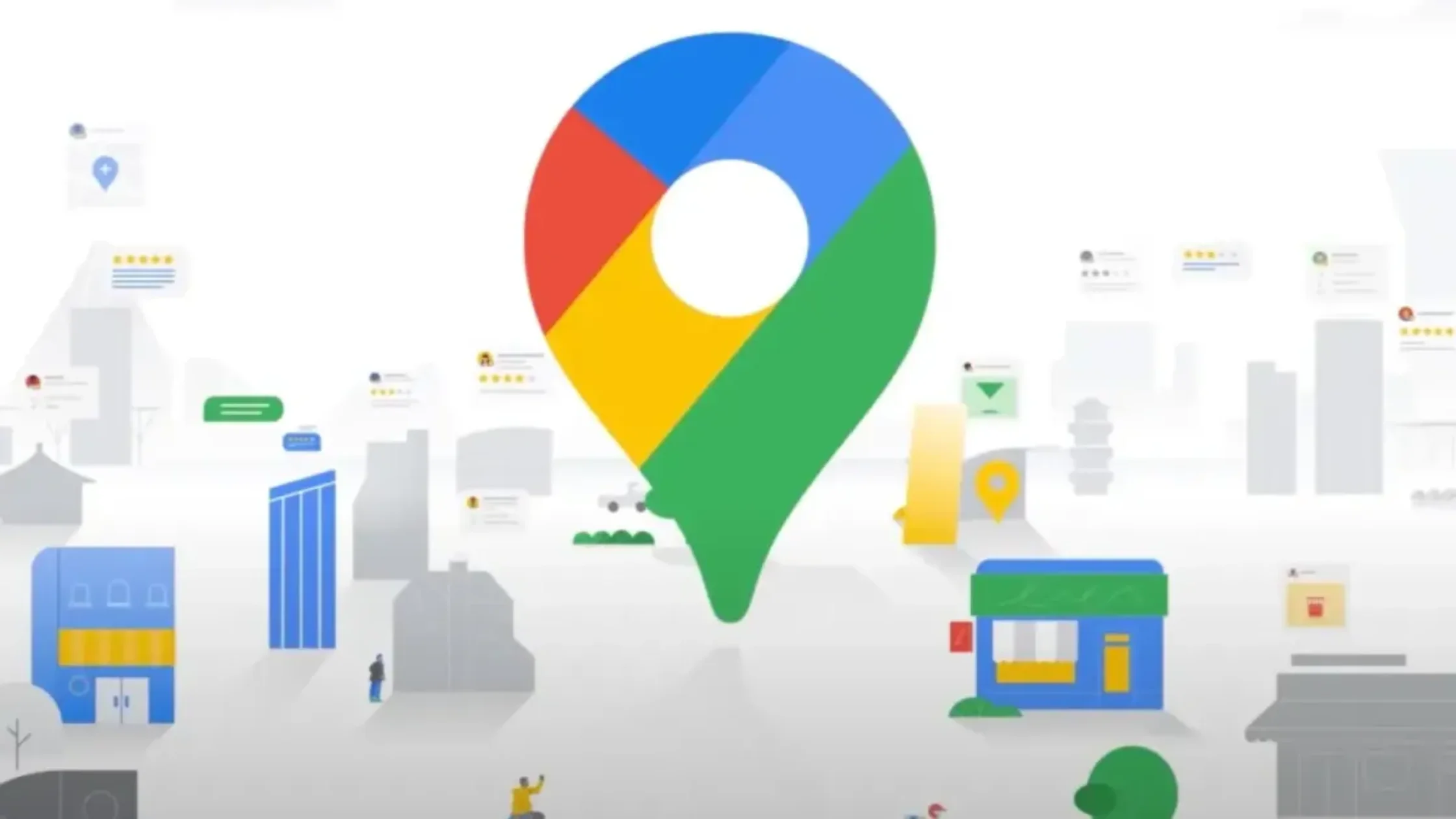Google Maps has rolled out its police alert feature in Nigeria, a long-familiar functionality for Waze users. In a country where road navigation is as much about avoiding traffic as it is about navigating potential safety risks, this update is more than just a convenience it could be a game-changer for safety and efficiency.
This community-driven feature allows drivers to report the presence of police checkpoints or stops along their route. Once reported, other drivers in the vicinity receive a notification warning them of the police presence ahead. This real-time, crowd-sourced information is critical in Nigeria, where concerns about police stops often extend beyond traffic violations to issues of harassment and, in some cases, police brutality.

The feature is not new to the navigation world. Waze, a navigation app acquired by Google in 2013, popularized community-based reporting features for hazards, traffic, and law enforcement presence. For years, Waze users have relied on these tools to make smarter navigation decisions. Now, Google Maps integrates this same technology, reaching a broader audience.
For Nigerian drivers, the implications are significant. Beyond the typical use cases of avoiding unnecessary delays, the feature provides an added layer of security. In a country with a documented history of police misconduct, including incidents highlighted by the #EndSARS movement, this alert system offers a tool for drivers to stay informed and cautious.
The introduction of this feature also reflects the increasing role of technology in enhancing personal safety. By empowering drivers with real-time information, Google Maps fosters a sense of community and shared awareness on the road. In regions where road safety is an ongoing concern, this kind of transparency can make a tangible difference.
While some may argue that police alerts could hinder law enforcement efforts, supporters see it as a necessary step towards accountability and safer navigation. The feature does not encourage breaking the law; rather, it promotes informed decision-making and caution.
Ultimately, this update is a reminder of how technology can adapt to local needs and challenges. Nigerian drivers now have one more tool to make their journeys safer and less stressful, and this is a welcome development for anyone who navigates the country’s complex roadways.
















